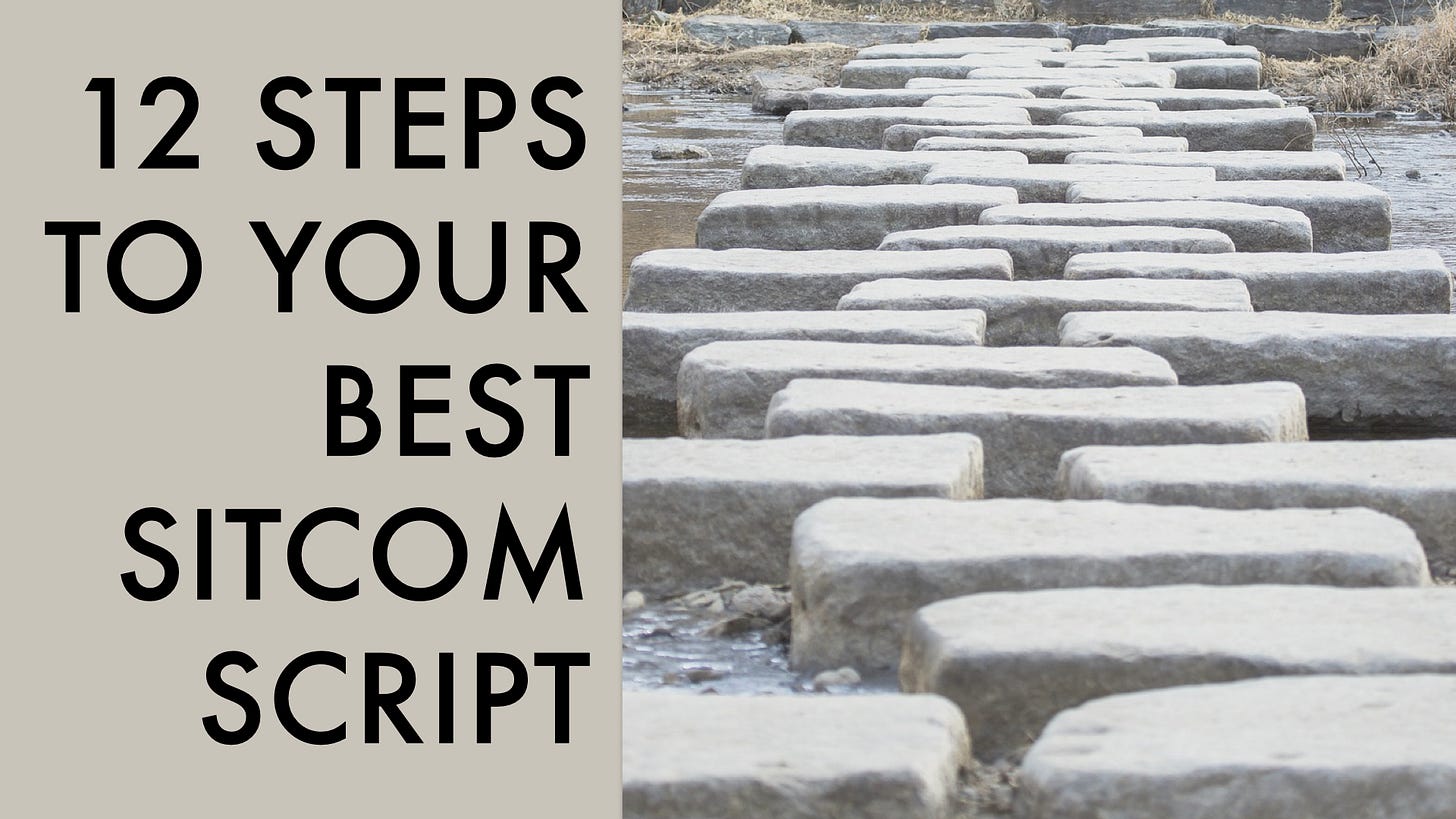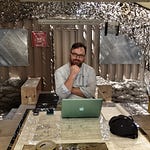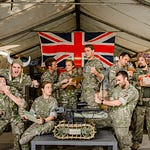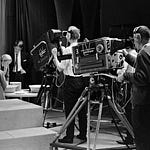We need to think about characters, but before we get there, let’s think big.
It’s very tempting to tone down your writing because you know it’s television, which has limited budgets, especially in the UK. There seems to be plenty of money around to make ‘quality drama’ or period whodunnits about Oxford dons being poisoned by a member of the Biology faculty. Comedy is always made on the cheap. But it’s a serious mistake to limit your imagination, especially at the start of the process.
You’re a writer. Write something awesome.
How to produce what you’ve written is a question to answer on another day, and will hopefully be somebody else’s problem. I know it sounds pretentious, but I say it again:
You’re a writer. Write. Imagine. Dream. Create.

We’ve all been guilty of trying to think up TV shows that seem easily achievable and filmable, thinking it makes them more appealing to commissioners and controllers. But these ideas could well end up appearing bland, mundane or too similar to shows already out there. Shows with ambition are much more interesting to TV Commissioners, Channel Controllers and the TV viewing audience who’ve already seen a thousand cop shows, medical dramas and flat-share sitcoms.
Of course, a show about six friends living in New York can be a huge hit. Or a show set in a bar in Boston can run for ten years. But why not set a show in a bomb disposal unit stationed at a patrol base in Afghanistan (Bluestone 42)? Or a show on a spaceship where almost the entire human race has been wiped out (Red Dwarf)? Or a show in a government ministry (Yes, Minister)? Or prison (Porridge)?
These ideas are much more interesting to write and, although they can be hard work to research, the fact-finding process often throws up dozens of brilliant stories, characters and moments that you would struggle to invent yourself. That’s what Richard Hurst and I found on Bluestone 42. Soldiers were very forthcoming with anecdotes and almost every major event and storyline in the show is based on a true story – rather than being a phoney synthesis of war movies.
Unless you have a background as a producer, you, as a writer, have no idea how much things cost. So don’t worry about it. Stuff that you might think is expensive often turns out to be achievable, while other things you might think are straightforward are a nightmare. So don’t prejudge it. Write something awesome.
Making it Work
Good producers (and even some bad ones) will find a way of making your idea work. Plus an Art Department or Costume Designer might well be very keen to do something different, interesting or unique. They’ll find a way of making it work. They might be aching to try out some innovation they’ve been working on. Maybe they’ve spent the last four years finding and dressing cottages for Midsomer Murders. Sure, professionals want a quiet life, but they also love a challenge. And the chance to do something brilliant.
Harry Banks, our Production designer on Bluestone 42, pulled together a team to construct three military vehicles – a Mastiff, a Jackal and a Foxhound – which looked amazing. They were essentially flat-bed trucks, which, through the addition of wood, welded metal and time, were transformed by a talented team in South Africa where we filmed the show.
Free your mind.
Write the show.
And leave the rest to someone else.
Once the Channel controller has been wowed by your creative vision, and sufficiently enthused to buy the show, you can have that chat with the producer about how you actually film the darned thing. At which point, you can start thinking smaller.
Think Smaller
Maybe your script contains three of the most expensive words you can write: ‘The fleets engage’. But there’ll probably be a way of shooting clashing fleets of ships on a budget – especially if the story is actually about two admirals, or cabin boys or whatever. After all, big ships firing cannonballs at each other isn't all that interesting.
When the time comes, you can go through your brilliantly imaginative script, and think about what is actually necessary to make the scenes work. You’re writing a comedy. Not an action movie. So do you need to see a thousand extras? Will that make the action more dramatic or funnier? Or do you just need to give the impression of a thousand people being there? It’s amazing what can be achieved with suggestion, a few extras and some decent set and sound design.
Remember what Alfred Hitchcock said about drama and suspense. Do you want a bomb to go off – which can be expensive – or is it more dramatic to have a briefcase under a table that we know has a bomb in it? Special effects, stunts and motion graphics are more achievable now than they’ve ever been, but they’re not inherently dramatic. Seeing a human being jump off the Empire State Building isn’t all that interesting – unless you know who it is or why they’re jumping. But the most fascinating part is the moment before they jump. That’s where the drama is. And where there’s drama, there’s comedy. Write that. And shoot it.
Subscribe and find out how.
If you can’t wait, you can get the whole book, Writing That Sitcom, as a PDF right now here. Or the audio version here.
Or you might want to do my complete video course, which you can have a look at over here:













Share this post